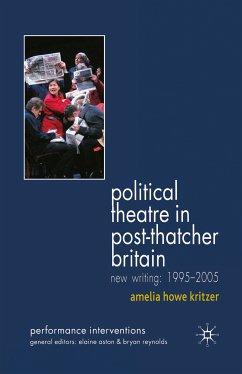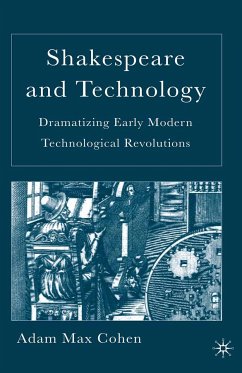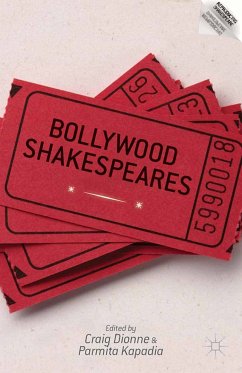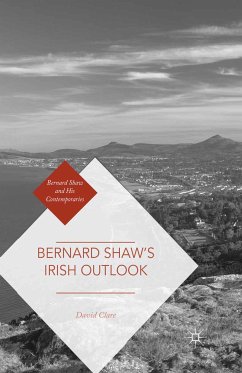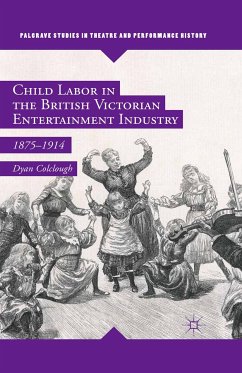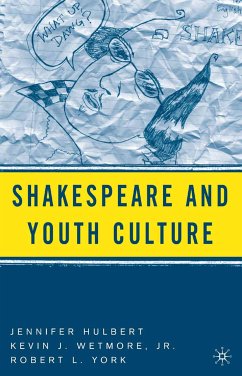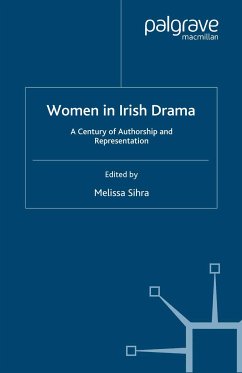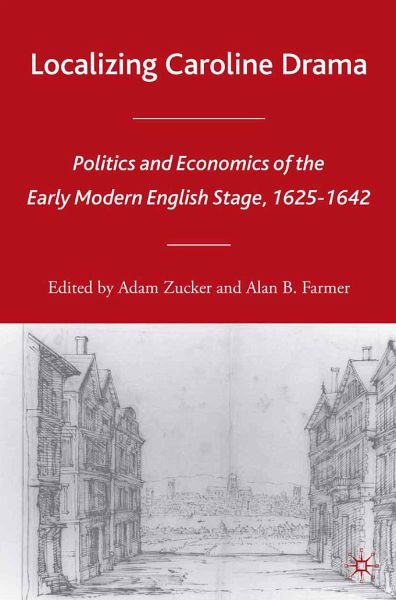
Localizing Caroline Drama (eBook, PDF)
Politics and Economics of the Early Modern English Stage, 1625-1642
Versandkostenfrei!
Sofort per Download lieferbar
40,95 €
inkl. MwSt.
Weitere Ausgaben:

PAYBACK Punkte
20 °P sammeln!
This book redefines the plays and theatrical culture of the years 1625 to 1642 as something more than simply post-Shakespearean in character. Scholars reveal the drama's mixture of political engagement, urbane cosmopolitanism, and commercial ingenuity. They urge us to recalibrate our histories to account for the innovations of the Caroline period.
Dieser Download kann aus rechtlichen Gründen nur mit Rechnungsadresse in A, B, BG, CY, CZ, D, DK, EW, E, FIN, F, GR, HR, H, IRL, I, LT, L, LR, M, NL, PL, P, R, S, SLO, SK ausgeliefert werden.




